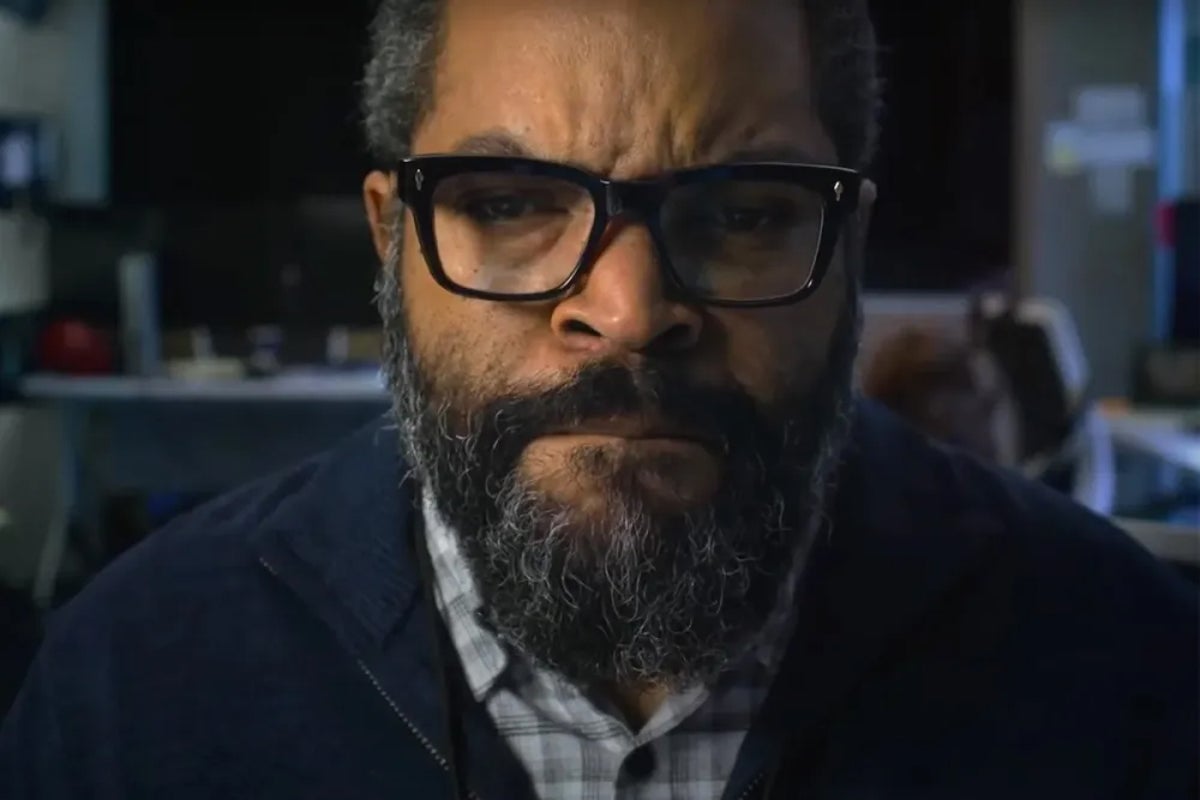Maternity leave may seem a strange time in which to accept a promotion – but then this wasn’t really a job that Nat Sciver-Brunt could turn down. Still fresh from welcoming baby Theo to the world with wife Katherine, England’s premier all-rounder returned to work last week to a new boss and a new title, adjusting to life as captain of a side in need of repair as the first appointment of the Charlotte Edwards era.
“To be asked is a huge privilege, and one that I didn’t want to turn down,” Sciver-Brunt admits, speaking for the first time since her appointment. “It doesn’t come without its challenges in terms of where I’m at in my life, becoming a mum and getting used to all of that. It will be a new thing to get used to but hopefully one I can take in my stride.
“Obviously I’m doing everything I can to get back into cricket, so doing that and also being at home for Katherine and Theo has been tricky at times, but looking after a newborn is really rewarding. We are working our way through the new normal.”
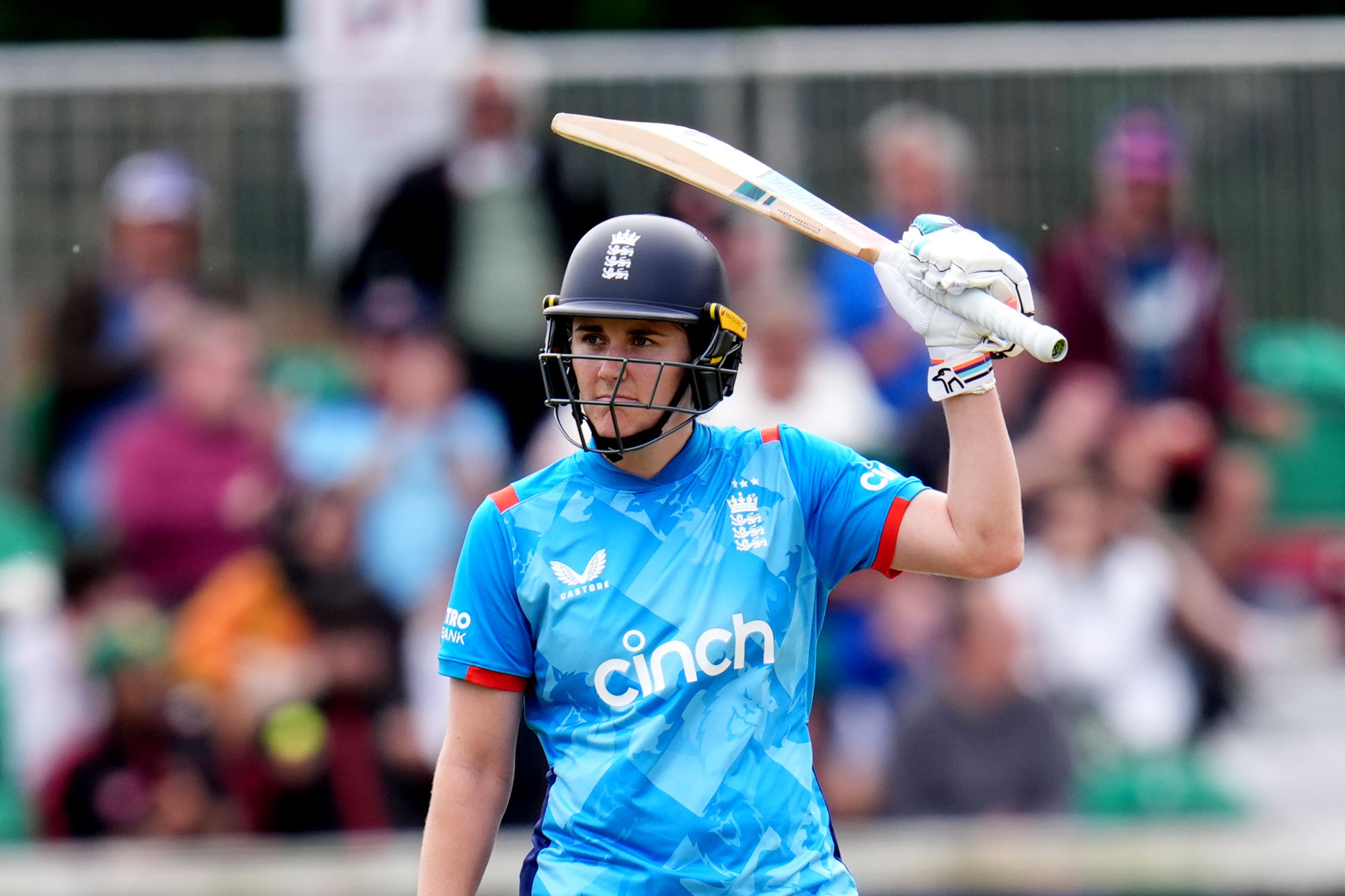
If it seemed obvious that the vice-captain would be the strongest contender to succeed Heather Knight after a disastrous Ashes, there was a degree of doubt about Sciver-Brunt’s appointment. The 32-year-old has occasionally suggested she would be uncomfortable the idea of taking the role on a full-time basis in the past, while past auditions in the absence of Knight at the Commonwealth Games in 2022 and last year’s T20 World Cup haven’t necessarily gone smoothly. There was also a thought that England may look outside the leadership corps for more or a reset – perhaps entrusting the leadership to a younger squad member like Charlie Dean, or plucking a captain from the county game like Grace Scrivens or Georgia Adams.
But in Sciver-Brunt, Edwards has opted for the standard-setter her side will perhaps need to close the gap to Australia. Their tendency to falter under pressure and in the Ashes has worked to undermine their evident development under Jon Lewis, not helped by clumsy comments made by the former head coach or missteps by his squad that thrust them more greatly into the public eye. Sciver-Brunt, though, rarely wilts against the toughest challenge that women’s cricket has to offer, averaging more than 58 with the bat against Australia in ODIs.
“Obviously as a player going through a series like [the Ashes whitewash] is not very nice and not a brilliant experience,” she admits. “We’ve got a great chance with a new coach and a new captain to start afresh and look forward. Hopefully we can win a few games.
“As a leader, I want to empower everyone to be the best version of themselves. As a group, I want us all to work really hard for each other and the team, and make smarter decisions, using what we’ve done really well in the past and tweaking a little. We are a hard-working side, and I hope that will come out in the games that we play.
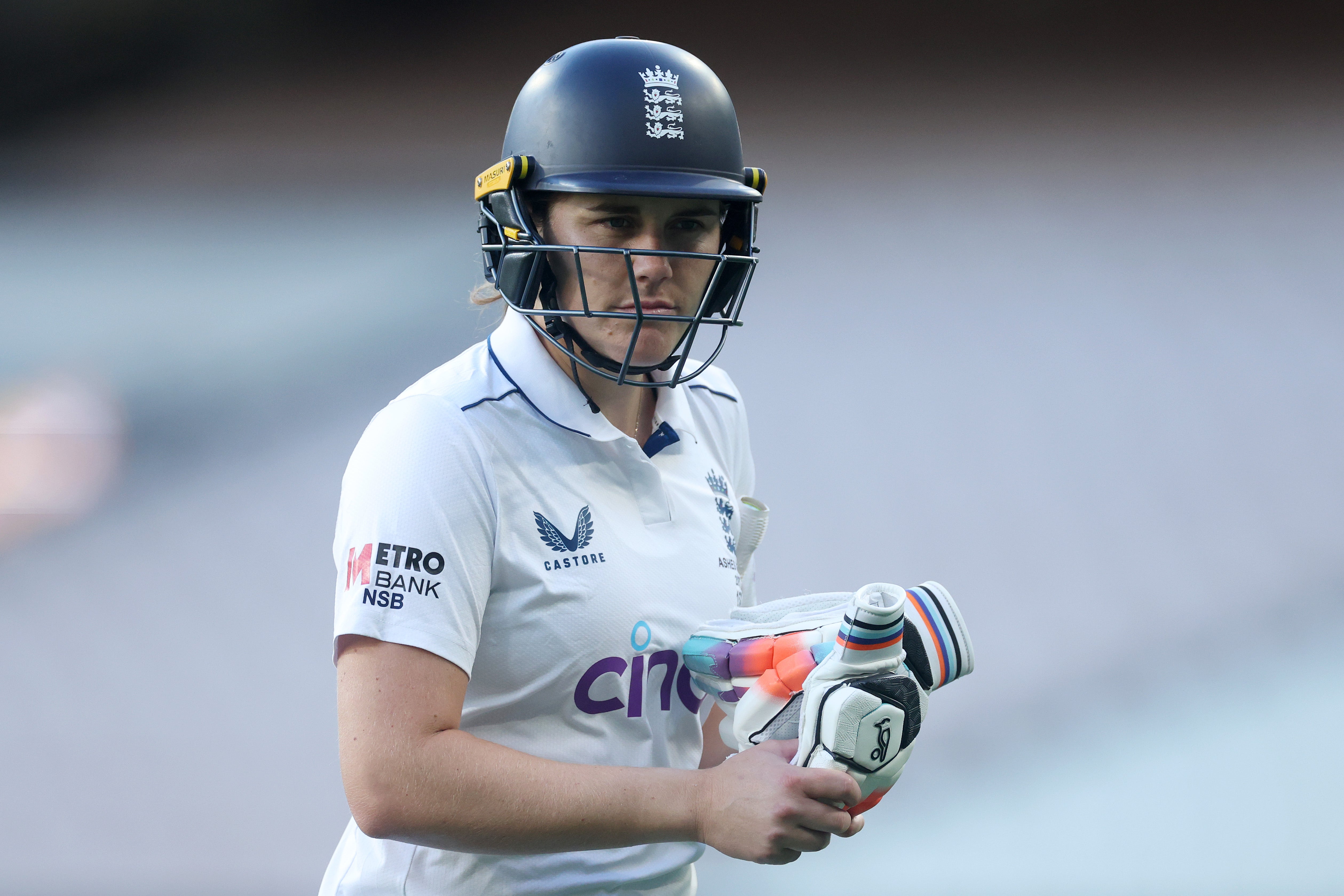
“We’ve had some great success when I’ve stepped into captain but lost a few games as well. It is about learning from those experiences and helping everybody on the pitch stay level and in the best place to perform well. I’ll be having conversations with everybody to work out the best way to work with them on the pitch, and what they need from me to best work.”
The new skipper also has the benefit of extreme familiarity with her new head coach. It was Edwards the captain who gave Sciver-Brunt her England debut against Pakistan in 2013, the surroundings at Louth Cricket Club in Lincolnshire perhaps a touch less swanky than those now regularly enjoyed by the elite of the sport. More recently – and pertinently – the pair combined to help the Mumbai Indians to Women’s Premier League triumph, Edwards’s supreme record as a coach continuing as Sciver-Brunt producing a sublime 523-run season to be named player of the tournament.
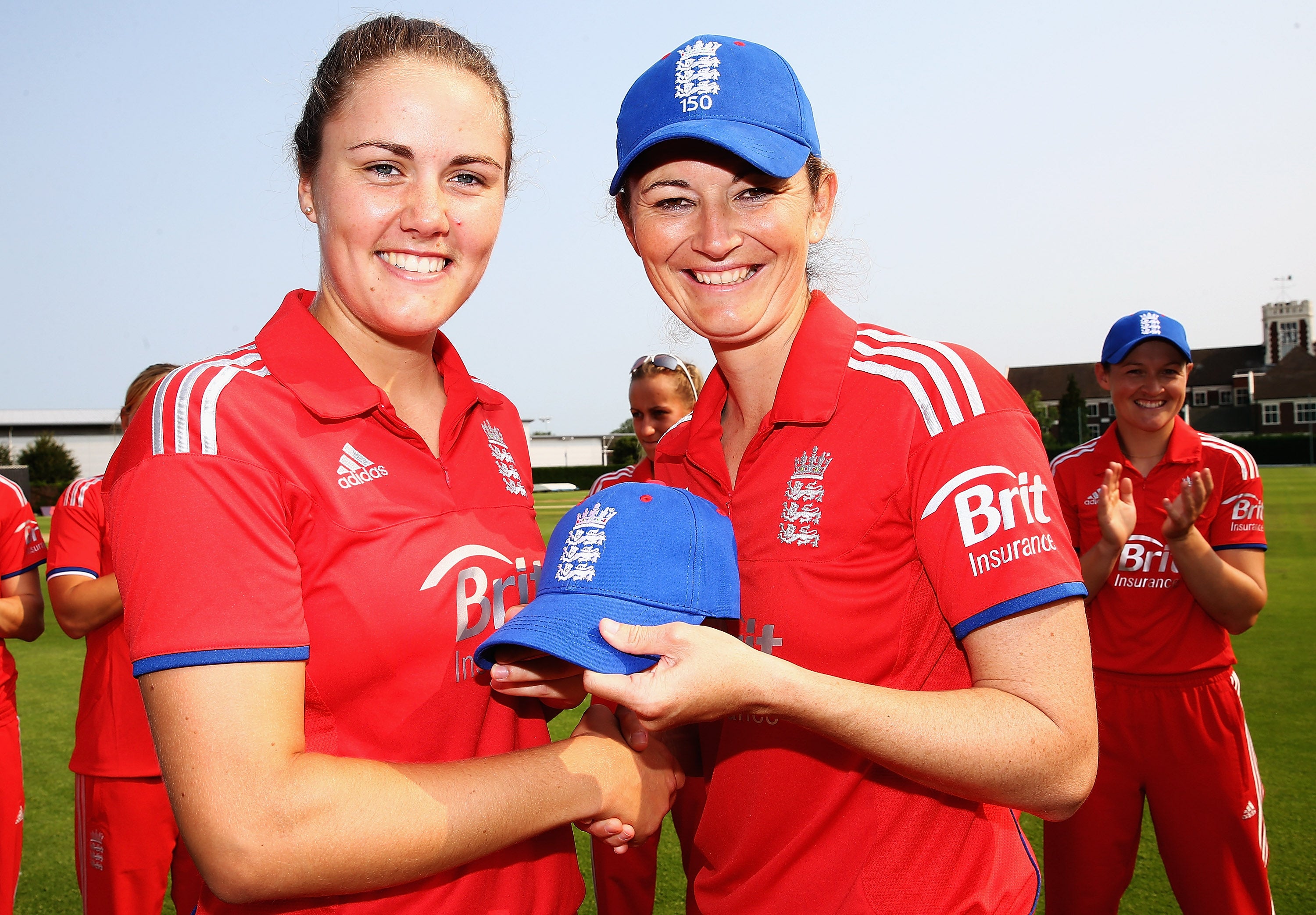
“She’s really been good at making each individual feel comfortable. She certainly did that for me and got the best out of me. Hopefully we can do that together for the England side and make everyone feel comfortable and confident in their abilities.”
Sciver-Brunt has also learned from both Knight and Edwards during their tenures as England skipper the importance of connecting with the past, even when looking towards a bright future. “We’ve ridden a wave of women’s cricket growing in the last 10 to 12 years,” Sciver-Brunt explains. “But remembering where we’ve been and we’ve come from is a great thing to do to ground you and keep you present in what you are doing. I’d like to keep that legacy going.”
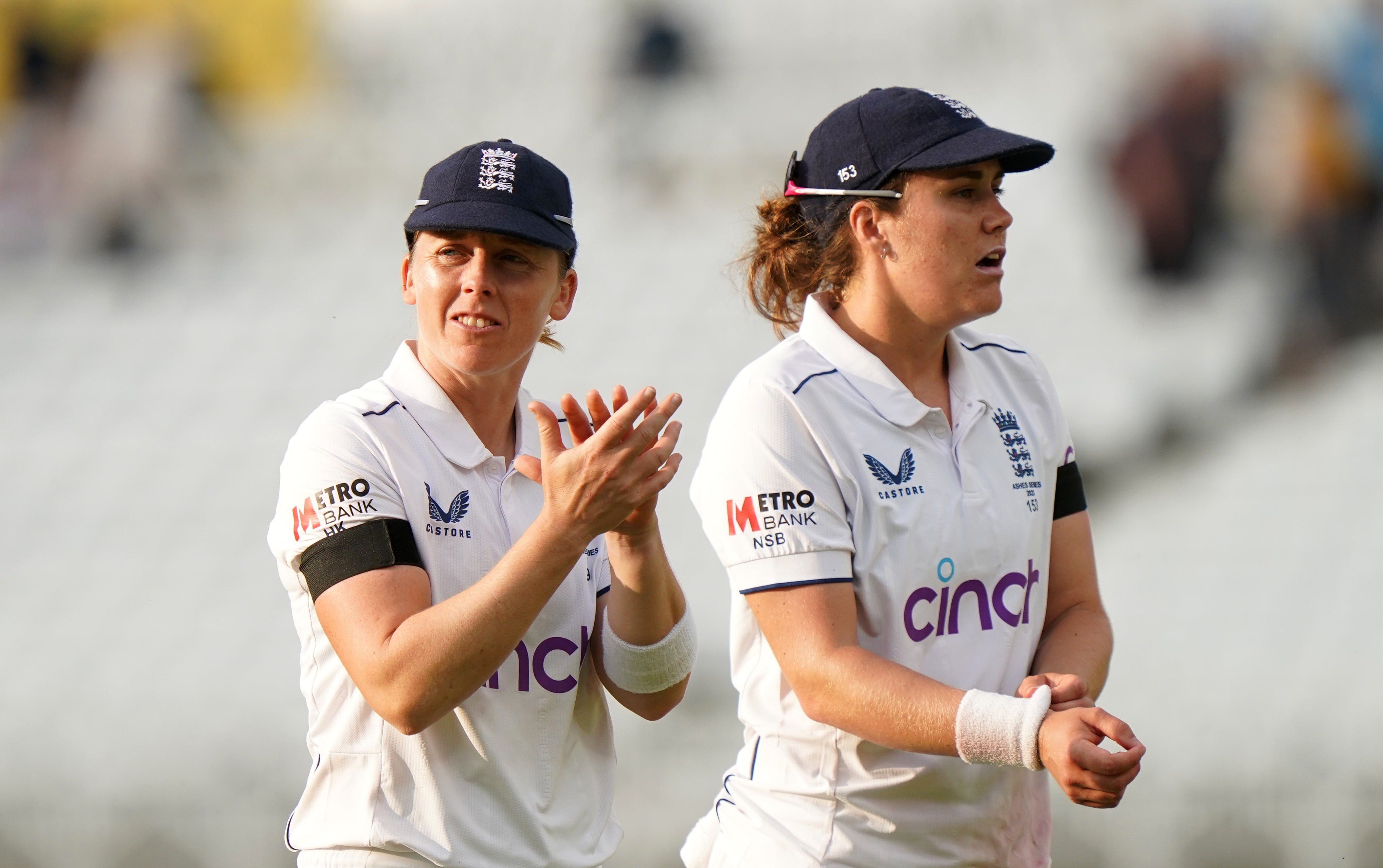
The last few weeks have been spent with wife Katherine, the former England fast bowler, and their newborn rather than in the revamped domestic structure, though Sciver-Brunt has been impressed with what she has seen from the streams as top England stars and squad hopefuls alike have pushed their case. A new era dawns at Canterbury on Wednesday 21 May in the first of three T20s against the West Indies that will be followed by three ODIs, and a few new faces should get an opportunity to make their mark.
Sciver-Brunt will not be directly involved in picking the squad for the series, though has fed her thoughts in to Edwards and a new national selector, soon-to-be revealed as Lydia Greenway. The captain will retain responsibility for the playing XI along with her head coach, with the balance of it likely to be impacted by the fact that the 32-year-old is currently unable to bowl as she works her way back from an achilles issue that addled her over the winter.
“I’ve checked the scorecards and watched a bit of the Blaze, and there have a lot of great performances out there. There have been a lot of runs scored for early in the season, which is a bit of a change from the last few years. The more competitive the domestic competition is, and the more we can play, will stand us in a good place.
“There’s a new national selector which has been appointed to lighten the burden of being captain and really focus on the on-pitch things, and winning games for England. The whole point of having a great domestic set-up is to give opportunities to anyone who has scored a bulk of runs or taken a bulk of wickets. Having that competition is the reason why we have great depth in the England side, so using that is really important.”


